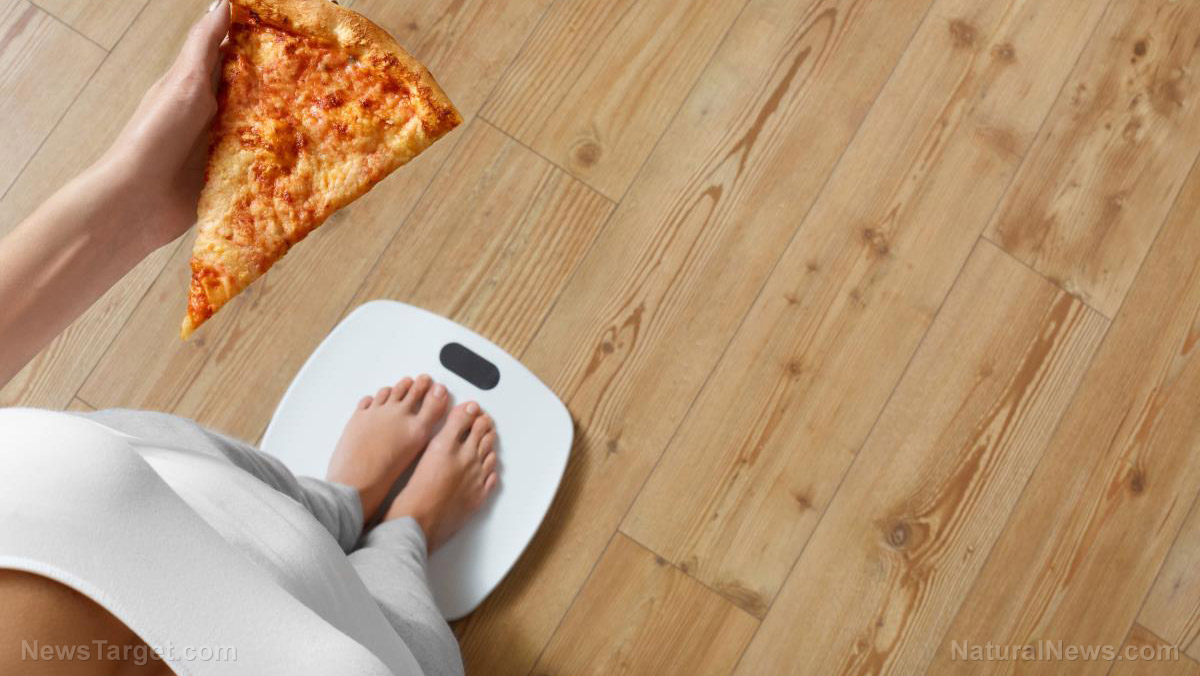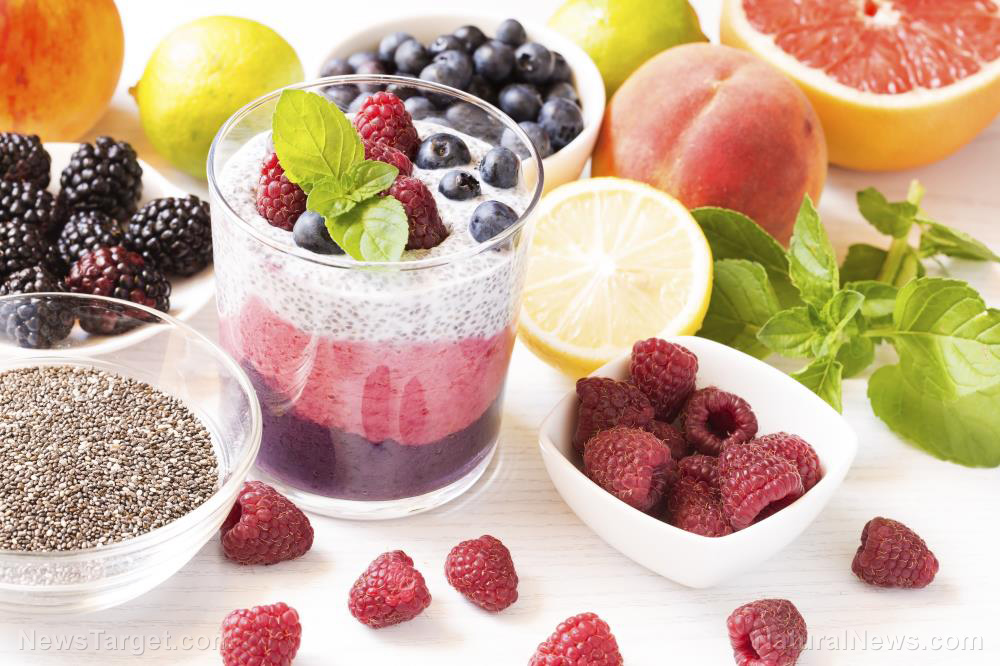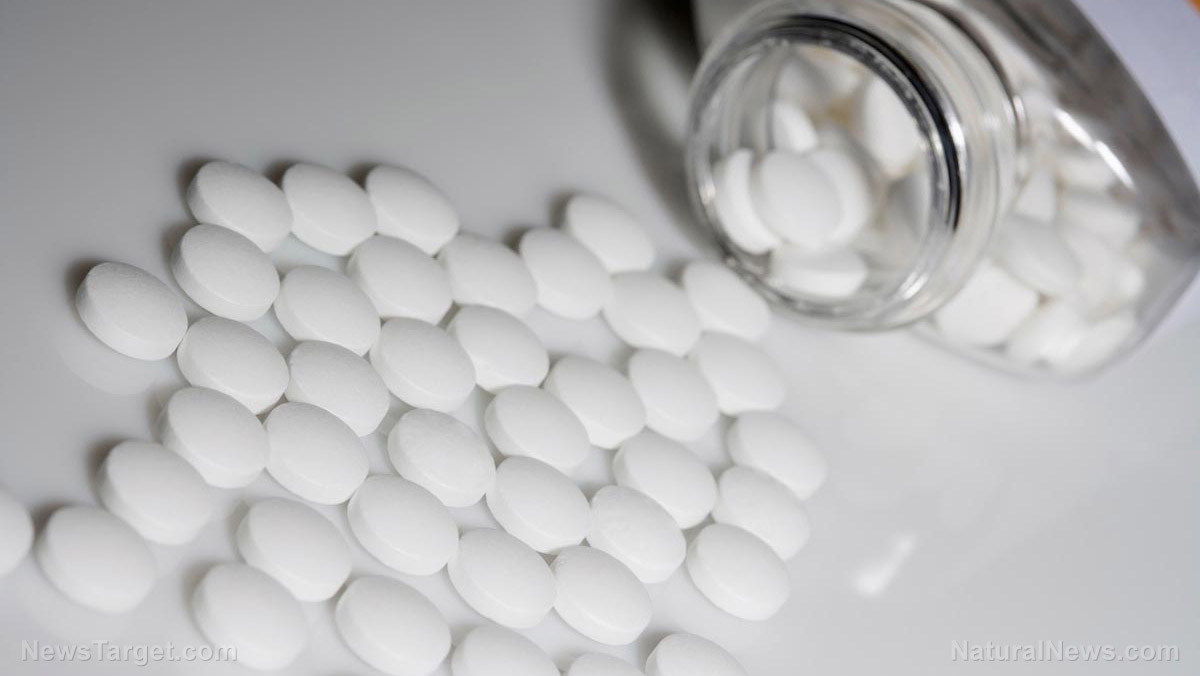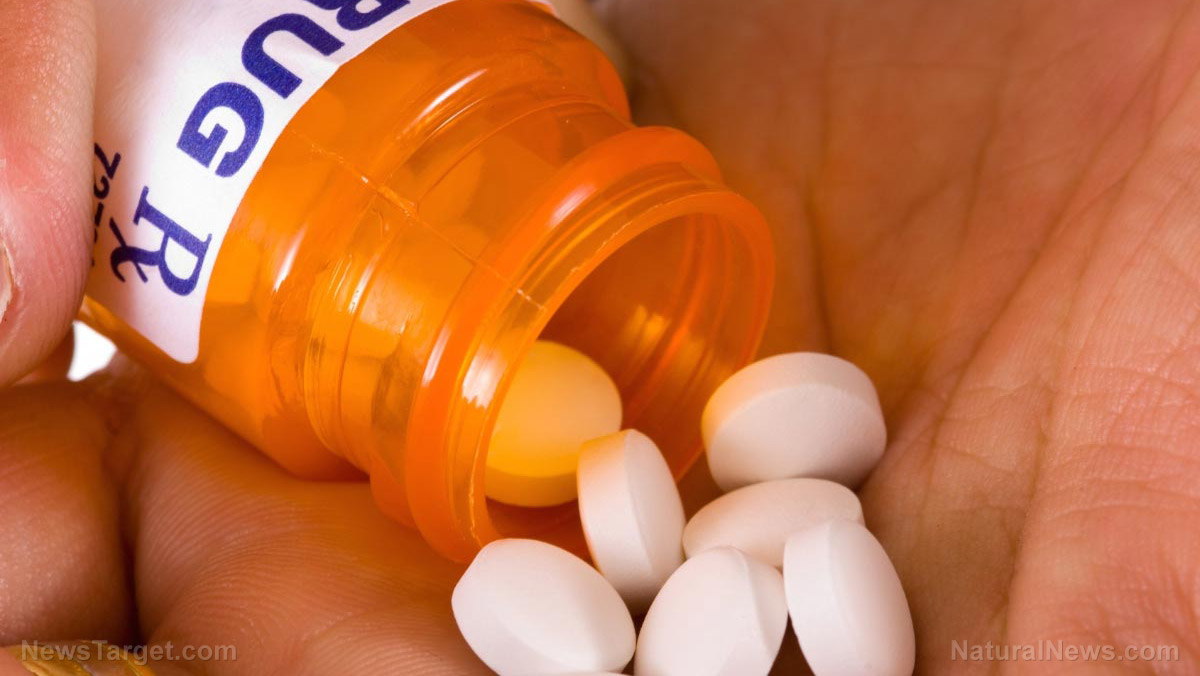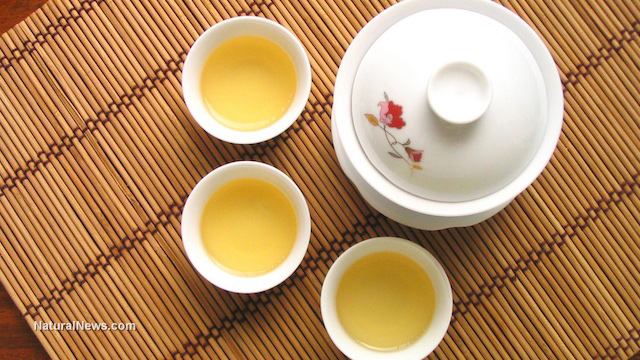Adding minerals to drinking water: Can it help with high blood pressure?
05/11/2020 / By Janine Acero
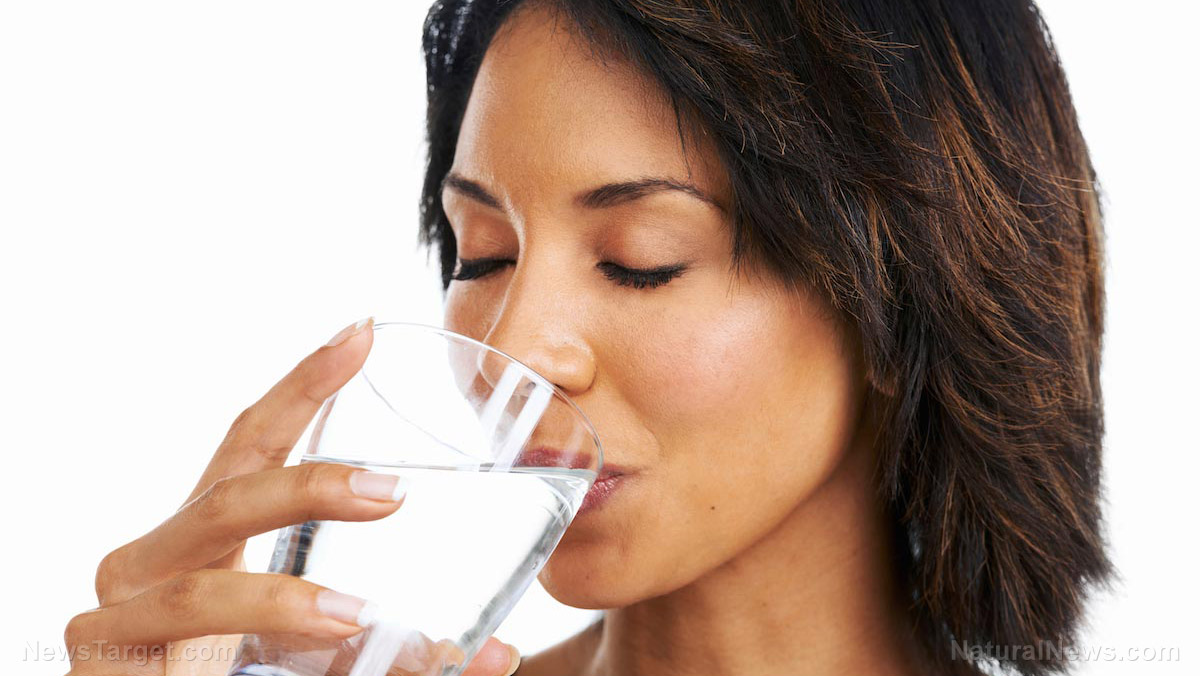
Nearly half of all adults in the U.S. have hypertension (high blood pressure). It is the leading preventable cause of premature death worldwide, affecting over 1.13 billion people globally and 116.4 million Americans.
If you’re suffering from hypertension, chances are you’ve been advised to reduce your salt intake to manage your condition, since sodium is known for elevating blood pressure.
Now recent research suggests a simpler method for lowering blood pressure, and all it takes is a glass of water.
A glass of water a day…
A recent study published in the Journal of the American Heart Association says that adding calcium and magnesium to drinking water may help reduce hypertension. This is based on previous research that examined the effects of drinking water sourced from ponds or underground on the health of residents of a coastal area in Bangladesh affected by seawater intrusions.
The researchers compared the blood pressures of individuals who drank salinated water from natural sources with those who drank fresh water. They used data from two studies collected during both dry and monsoon seasons, when the salinity of the water sources fluctuated.
The researchers found that individuals who drank mildly salinated water had average systolic blood pressure readings 1.55 mmHg lower than those of individuals who drank fresh water. Similarly, the former’s average diastolic blood pressure readings were 1.26 mmHg lower than those of the latter.
Through urine testing, the researchers found that the participants with lower blood pressures had significant levels of calcium and magnesium in their systems. This finding suggests that it wasn’t the sodium in the water that contributed to the “protective” effect, but calcium and magnesium.
Abu Mohd Naser, a postdoctoral fellow at Emory University‘s Rollins School of Public Health in Atlanta and lead author of the study, believes that the minerals nullify the harmful effects of sodium on blood pressure.
This is uplifting news for people in Bangladesh, who have no alternative sources of drinking water. On the other hand, those living in developed countries, where treatment plants desalinate groundwater, are missing out on mineral-rich water’s heart benefits.
While the decrease in blood pressure observed in the study may be small, it is enough to warrant further investigation, said Dr. Robert M. Carey, a professor of medicine at the University of Virginia who wasn’t associated with the study. Carey is one of the authors of the latest blood pressure guidelines released by the American Heart Association and the American College of Cardiology.
“I think it’s pretty clear from many different studies that a small reduction in blood pressure, done consistently, can have a major impact in reducing cardiovascular disease and stroke,” he said.
Carey said that the results should be replicated in a clinical setting to affirm that drinking water fortified with calcium and magnesium can indeed help reduce hypertension. If confirmed to be true, it may “impact blood pressure levels in the average population,” he said. (Related: Drink hibiscus tea to naturally lower your blood pressure.)
“That’s different from the approach we have taken historically, where we wait until someone becomes hypertensive and then we introduce lifestyle modifications, and then add drug therapy to help individuals lower their blood pressure,” added Carey. “I think we need to do both.”
Calcium and magnesium from diet can help reduce hypertension
Previous research has demonstrated that both calcium and magnesium are important for maintaining normal blood pressure. However, taking mineral supplements is not enough to prevent chronic diseases. According to experts, getting anti-hypertensive minerals from a nutritious diet is better for your overall health.
Unfortunately, a mineral-rich diet is something most Americans do not have, especially since food trucks and popular fast food joints seem more appealing than healthy food choices.
Naser notes that adding calcium and magnesium to drinking water may be a viable method for neutralizing the heart-clogging effects of the diet modern Americans have. Moreover, water may be a better delivery system for these minerals than food, since synthetic compounds added to food can interfere with nutrient absorption.
“If you can supplement or add calcium and magnesium to water, there is a high chance that they will be absorbed better,” Naser explained.
Heart.news has more studies and stories on natural ways to reduce hypertension.
Sources include:
Tagged Under: alternative medicine, calcium, cardiovascular disease, drinking water, heart health, high blood pressure, hypertension, Magnesium, minerals, natural cures, natural medicine, nutrients, nutrition, prevention, remedies, research
RECENT NEWS & ARTICLES
COPYRIGHT © 2017 HEART NEWS


